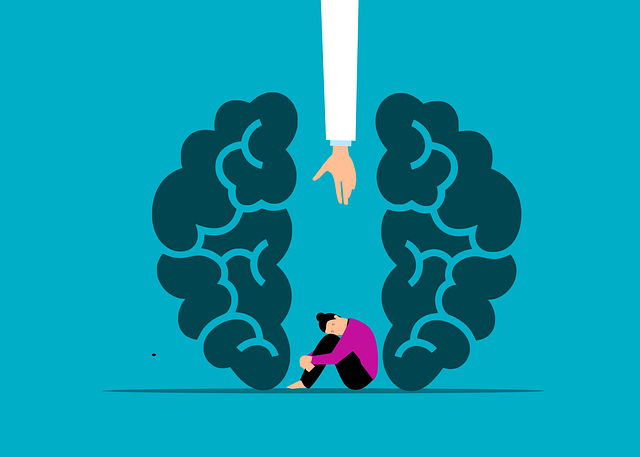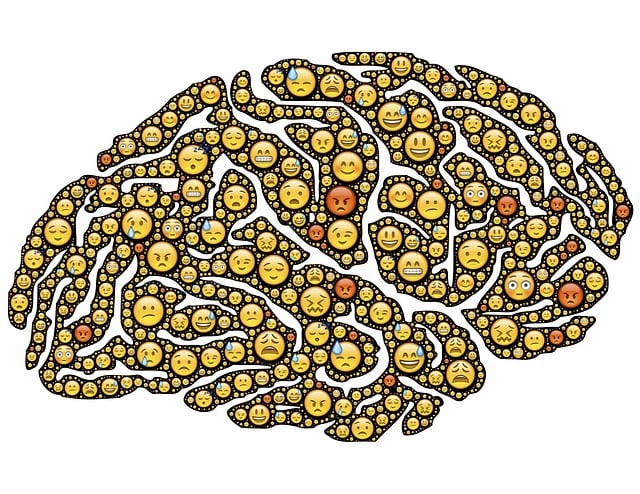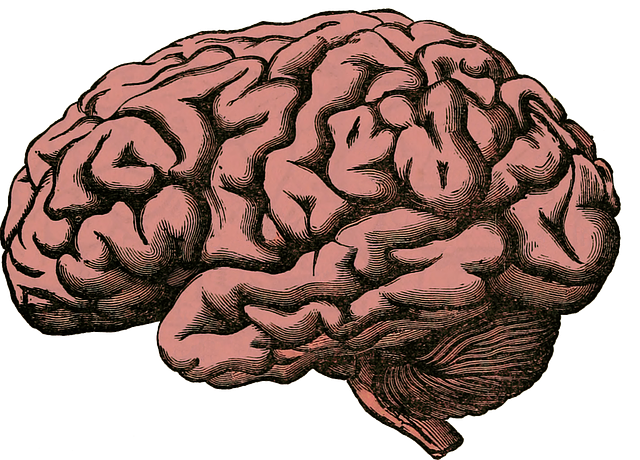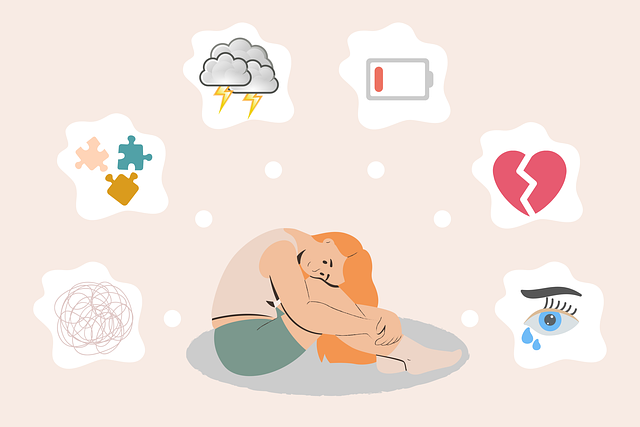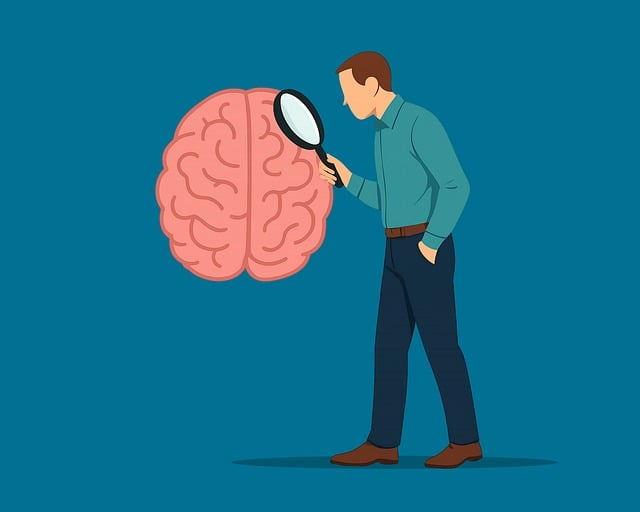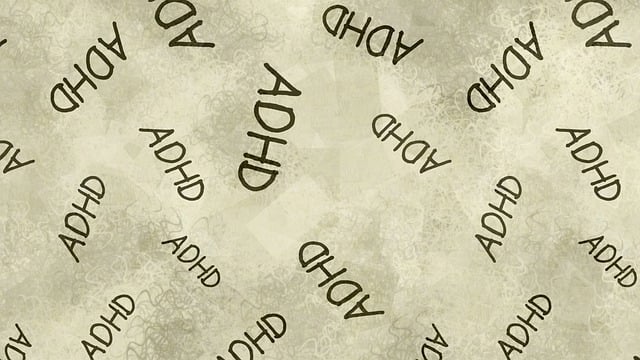Understanding and addressing mental health challenges in adults with learning disabilities is crucial due to social stigmatization and a lack of specialized services. Effective advocacy involves empowering these individuals through evidence-based therapy for adults with learning disability such as CBT, art therapy, and supportive counseling, creating safe spaces for expression. Awareness raising about available mental health services, tailored risk assessment tools, and cultural competency training for healthcare providers are key to early intervention and open dialogue around well-being. By implementing these strategies, professionals ensure adults with learning disabilities receive appropriate therapy for adults with learning disability to manage comorbid conditions like anxiety, depression, and low self-esteem, enhancing their access to education, employment, and overall mental wellness.
Mental health advocacy initiatives play a pivotal role in addressing the unique challenges faced by adults with learning disabilities. This article delves into understanding the prevalence and barriers of mental health issues among this population, focusing on specific concerns such as anxiety, depression, and social isolation. We explore successful advocacy strategies that challenge stigma and promote accessibility to therapy, highlighting the impact on policy changes. Additionally, we discuss effective personalized therapy models and integrated support services tailored for adults with learning disabilities.
- Understanding Mental Health Challenges Among Adults with Learning Disabilities
- – Prevalence and unique barriers to accessing support
- – Specific mental health concerns and their impact
Understanding Mental Health Challenges Among Adults with Learning Disabilities

Understanding mental health challenges among adults with learning disabilities is crucial for implementing effective advocacy initiatives. Many individuals in this demographic face unique barriers to accessing appropriate support and treatment, often due to social stigmatization, a lack of specialized services, or limited awareness of available resources. Learning disabilities can significantly impact an individual’s ability to navigate daily life, manage stress, and seek help when needed. Anxiety relief techniques, mindfulness meditation practices, and trauma support services are proven strategies that can empower this vulnerable population.
Therapy for adults with learning disabilities requires tailored approaches that address their specific needs. By incorporating evidence-based methods such as cognitive behavioral therapy (CBT), art therapy, or supportive counseling, mental health professionals can create safe spaces where individuals feel empowered to express themselves and work through challenges. Raising awareness about the availability of these services is essential to encourage participation and foster a culture of open dialogue around mental well-being.
– Prevalence and unique barriers to accessing support

Mental health issues among individuals with learning disabilities are often overlooked and undiagnosed due to communication barriers and societal stigma. These individuals face unique challenges in accessing support, as their specific needs may be misunderstood or misdiagnosed. Many adults with learning disabilities may not even recognize their symptoms as indicative of a mental health concern, especially if they lack the vocabulary or understanding to express their feelings. This can lead to a significant delay in seeking therapy for adults with learning disabilities, exacerbating existing struggles and preventing early intervention that could be life-changing.
Cultural competency training among healthcare providers is crucial to address these barriers. Understanding the nuances of different backgrounds and abilities allows professionals to provide more inclusive care. This includes recognizing and challenging internal biases and ensuring a safe, supportive environment for discussion. Additionally, risk assessment tools tailored for this population can help identify individuals at risk, enabling prompt intervention. By incorporating stress reduction methods suitable for people with learning disabilities, mental health professionals can offer effective therapy that respects individual differences and promotes long-term well-being.
– Specific mental health concerns and their impact

Mental health advocacy initiatives often focus on raising awareness and promoting understanding of various specific mental health concerns that significantly impact individuals’ lives. One such concern is the unique challenge faced by adults with learning disabilities, who may struggle with comorbid conditions like anxiety, depression, and low self-esteem. These individuals often require specialized therapy, tailored to their needs, to navigate the complexities of both their disability and mental health issues.
The impact of untreated mental health problems in this population can be profound. It may hinder their ability to access education or employment opportunities, leading to increased social isolation and a diminished sense of self-worth. The Mental Wellness Journaling Exercise Guidance and Emotional Well-being Promotion Techniques have proven effective in empowering these individuals to develop coping strategies and build resilience. Additionally, Self-Care Practices are vital in helping them manage stress and maintain overall mental wellness.
Mental health advocacy initiatives are crucial in ensuring that adults with learning disabilities receive the necessary therapy and support. By raising awareness about the unique barriers they face, we can create a more inclusive and understanding society. Recognizing the specific mental health concerns among this population is essential to developing targeted interventions, ultimately improving their overall well-being. Accessing appropriate therapy for adults with learning disabilities is a critical step towards fostering resilience and enhancing their quality of life.


